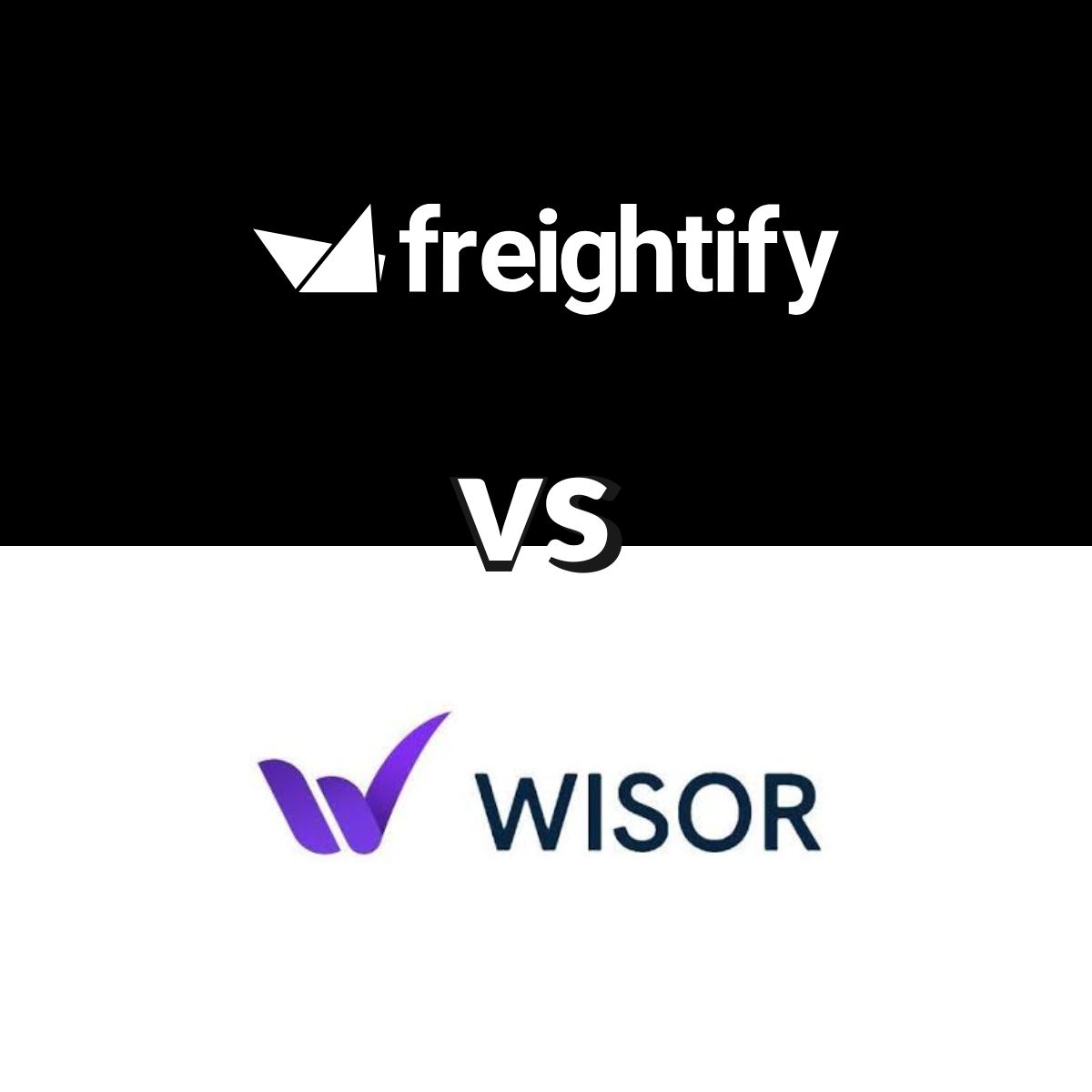Managing freight contracts is costing forwarders millions in missed opportunities and compliance risks. As the logistics industry grows more complex, many companies are drowning in a sea of agreements spanning multiple carriers, services, and regulatory environments.
For freight forwarders, this creates a twofold challenge. First, there's the sheer volume and variety of contracts to contend with — from shipping agreements to warehousing deals, each with its terms, rates, and compliance requirements. Second, there's the dynamic nature of the industry itself. Market conditions and regulations can shift rapidly, rendering once-favorable terms obsolete almost overnight.
Freight contract management remains an afterthought, treated as a necessary but burdensome administrative task for many freight forwarders. This oversight can be costly. Inefficient freight contract management leads to revenue leakage through missed rate optimizations and exposure to compliance violations. However, forward-thinking companies are learning what a select few realize: that freight contract management is so much more than risk prevention. It helps unlock new levels of profitability and competitive advantage. Innovative forwarders are leveraging technology, data analytics, and strategic negotiations to revolutionize freight contracting, transforming a traditional administrative burden into a powerful business advantage.
This article will dive into some of the ways that top freight forwarders are improving their contract management practices. We will cover the best-in-class strategies and solutions that can help businesses maneuver through today's complex logistics challenges — from efficient rate procurement to improved quotation processes. Whether you're struggling with compliance issues or seeking to optimize your cost structure, the insights shared here will provide a roadmap for turning freight contract management into a cornerstone of your business strategy.
The Landscape of Freight Contracts Freight contracts form the blueprint of any successful logistics operation. These contracts determine details like rates, liabilities, compliance limitations, and responsibilities between several parties and freight forwarders. Let’s look at the most common contracts you are likely to come across:
Bills of Lading: While not strictly a contract, BOLs are crucial. They're like a receipt for the goods you're shipping and become legally binding once signed. Air Waybills: The air freight equivalent of a BOL. These non-negotiable documents contain all the essential details about an air shipment. Remember, they can't be transferred to anyone except the named consignee.Broker Carrier Agreements: This contract seals the deal once you've hammered out rates with a carrier. It covers everything from payment terms to insurance requirements.Load Tenders: Consider these the detailed game plan for each shipment. They spell out exactly what's being shipped, where it's going, and who's receiving it. Accuracy here is key to avoid costly mix-ups down the line.Warehouse Receipts: If you're dealing with storage, these are gold. They prove ownership of goods in a warehouse and can even be used as collateral for loans. Rate Confirmations: These might seem simple, but they're legally binding. They lock in the agreed rates for a shipment or ongoing business. These must be filed carefully, saving you from pricing disputes later.Charter Party Agreements: Shipping by sea? Forwarders need to know about CPAs. They outline the terms for chartering a vessel, whether for a single voyage or a set period. Accessorial Contracts: These contracts lay out all those potential extra fees – think fuel surcharges or detention time. Having these in place helps avoid awkward conversations about unexpected costs.Multimodal Transport Documents: For those complex shipments using multiple forms of transportation, MTDs are the go-to. They serve as an all-in-one contract covering the entire journey, regardless of how many modes of transport are involved.Freight contract management involves a diverse cast of stakeholders, each with their interests and concerns. With many stakeholders involved, managing these contracts can feel daunting to forwarders. Common pain points include:
Version control chaos: Keeping track of the latest contract versions across multiple stakeholders can be a nightmare.Compliance headaches: Staying on top of ever-changing regulations across different jurisdictions is another constant challenge.Freight Rate volatility : Market fluctuations can quickly render carefully negotiated rates obsolete.Data silos: Vital contract information often gets stuck in different departments or systems, leading to inefficiencies and missed opportunities.Manual processes: Many forwarders still rely on time-consuming manual data entry and paper-based systems.Lack of visibility: Without a centralized system, getting a bird's-eye view of all contractual obligations and opportunities is tough.Negotiation bottlenecks: Slow approval processes can delay important deals and strain relationships with partners.These pain points can be solved via robust freight contract management. Next, we look at how freight forwarders can manage freight contracts efficiently.
Compliance in Freight Contract Management Properly navigating the regulatory landscape in freight forwarding is critical, as one wrong move can lead to hefty fines, reputational damage, or even legal action.
Freight contracts must align with a complex web of international trade regulations, customs requirements, environmental standards, and safety protocols. Each jurisdiction adds its own layer of complexity, making a one-size-fits-all approach impossible. Key compliance areas to watch include:
International trade regulations: Think INCOTERMS , embargoes, and restricted party screening.Customs compliance: Accurate documentation, proper classifications, and adherence to import/export laws are non-negotiable.Environmental regulations: From emissions standards to packaging requirements, green logistics is more than a trend – it's the law.Safety and security standards: CTPAT , AEO , and other programs set the bar for secure supply chains.The consequences of non-compliance can be severe. Beyond financial penalties, forwarders risk losing licenses, damaging client relationships, and facing criminal charges in extreme cases. Best practices for maintaining compliance across multiple contracts include:
Centralizing freight contract management to ensure consistency Implementing automated compliance checks Staying informed about regulatory changes through industry associations and legal advisors Building flexibility into contracts to accommodate evolving regulations Remember, compliance isn't just about avoiding trouble – it's about building trust and credibility in a competitive market.
Achieving Cost Efficiency Through Strategic Freight Contract Management In the slim-margin world of freight forwarding, every dollar counts. Strategic freight contract management can help boost profitability without compromising service quality. Start by identifying cost-saving opportunities within your contracts. Look for:
Redundant services or overlapping coverage Outdated rates that don't reflect current market conditions Underutilized volume commitments Inefficient routing or mode selections Regarding negotiations, arm yourself with market data, performance metrics, and a clear understanding of your operational needs. Leverage your volume and long-term commitments to secure discounts, but be strategic. Maintaining flexibility with multiple carriers can sometimes be more valuable than deep discounts from a single provider.
The key is balancing cost reduction with service quality. The cheapest option isn't always the best if it leads to delays, damages, or customer dissatisfaction. Focus on the total cost of ownership rather than just the sticker price.
Technology-Driven Solutions for Freight Contract Management Managing freight contracts with spreadsheets and filing cabinets is outdated in today's increasingly digital world. Technology is transforming how forwarders handle their contracts, and platforms like Freightify are at the forefront of this revolution. Modern freight contract management software offers:
Centralized contract repositories for easy access and version control Real-time rate comparisons and optimization suggestions Integration with other systems (e.g., TMS , accounting) for seamless workflows The benefits of digitizing contract management are game-changing:
1. Improved visibility : No more hunting through email threads or file cabinets
2. Enhanced compliance: Automated checks reduce human error and oversight
3. Cost optimization: Real-time analysis helps you capitalize on the best rates and terms
4. Faster negotiations: Streamlined approvals and e-signatures speed up the process
Implementing these solutions requires careful planning. Start with a clear assessment of your needs, involve key stakeholders early, and plan for thorough training. By embracing technology-driven contract management, forwarders can transform a traditionally cumbersome process into a strategic advantage, driving efficiency and profitability across their operations.
Mastering Freight Contract Management: Your Path to Success Effective contract management isn't just about paperwork anymore. It can be a strategic imperative to drive business growth. By embracing compliance, optimizing costs, and leveraging technology, you'll turn contracts into powerful tools for growth and profitability.
Ready to revolutionize your contract management? Explore how Freightify can streamline your processes and boost your bottom line. Contact us today for a demo!




















